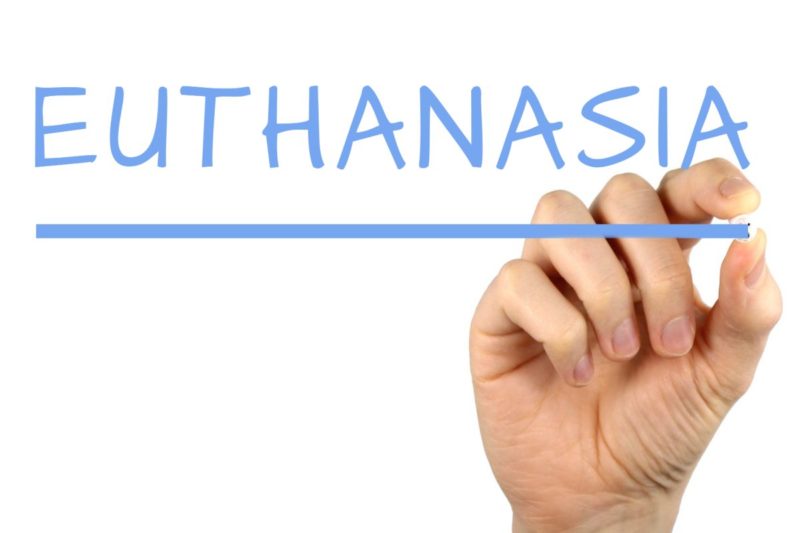A Catholic bioethicist has given an emphatic thumbs down to any use of a referendum on legalised assisted suicide and/or euthanasia in this country.
Director of the New Zealand Catholic Bioethics Centre, Dr John Kleinsman, expressed serious concerns about submitting a matter as complex as euthanasia and assisted suicide to a public referendum.
The coalition deal between New Zealand First and Labour allows “a conscience vote for MPs on New Zealand First’s Supplementary Order Paper to the End of Life Choice Bill, which provides for a referendum”.
Supplementary Order Papers, through which MPs can formally propose amendments to bills before Parliament, are usually not considered until a bill has gone through first reading, has been before a select committee, has passed its second reading and has reached the committee of the whole house stage before the third reading.
“Using a referendum to decide on the design of a flag is one thing,” Dr Kleinsman said, “but using it to shape public policy on something as complicated and emotive as euthanasia and assisted suicide, on an issue that is literally about life and death, that is quite something else.”
“If the issue of euthanasia was simply a matter of personal preference, then a referendum would arguably suffice. But there is so much more at stake than choice — the effect of a law change on our elders, the potential for exacerbating elder abuse at a time when it continues to rise, its potentially negative effect on disabled people in an ableist society, its impact on suicide prevention and the provision of mental health care and the way it would fundamentally change the role of health professionals.
“A referendum is a blunt and unwieldy instrument. For a start, how do you design a simple unambiguous question for an issue as inherently complex as this one is? The rights and/or wrongs of an issue as serious and complicated as this should never be decided by the sheer weight of public numbers or public opinion,” said Dr Kleinsman.
“Of course, the views and input of the public remain vitally important in any democracy, but the current system already allows for this in a number of ways including personal contact with our MPs as well as the select committee process.”
Dr Kleinsman noted that there are numerous parallels between this issue and the debate over capital punishment that happened in New Zealand last century. “Both involve state-sanctioned ending of human life. In 1956, the Prime Minister Rt Hon Sydney Holland likewise proposed that the debate be submitted to a referendum as a solution to the continued politicisation of the issue. His cry then was: ‘Let us trust the people.’ In response, it was the Labour Party who argued strenuously that the ultimate decision should be left to Parliament because the issue was too complex and required dispassionate consideration.”
Dr Kleinsman added, “were this issue to have been decided by referendum, chances are we would still have capital punishment today. That is because when, in 1961, capital punishment was abolished in New Zealand, the abolitionist cause represented a minority view in New Zealand — it had been established that more than 66 per cent of people supported capital punishment. Robert Muldoon, one of ten National MPs to cross the floor in support of abolition, acknowledged that it was contrary to public opinion, but argued that ‘Parliament should give a lead to public opinion’ rather than simply follow it. I argue that the same applies now with euthanasia,” said Dr Kleinsman.

Reader Interactions